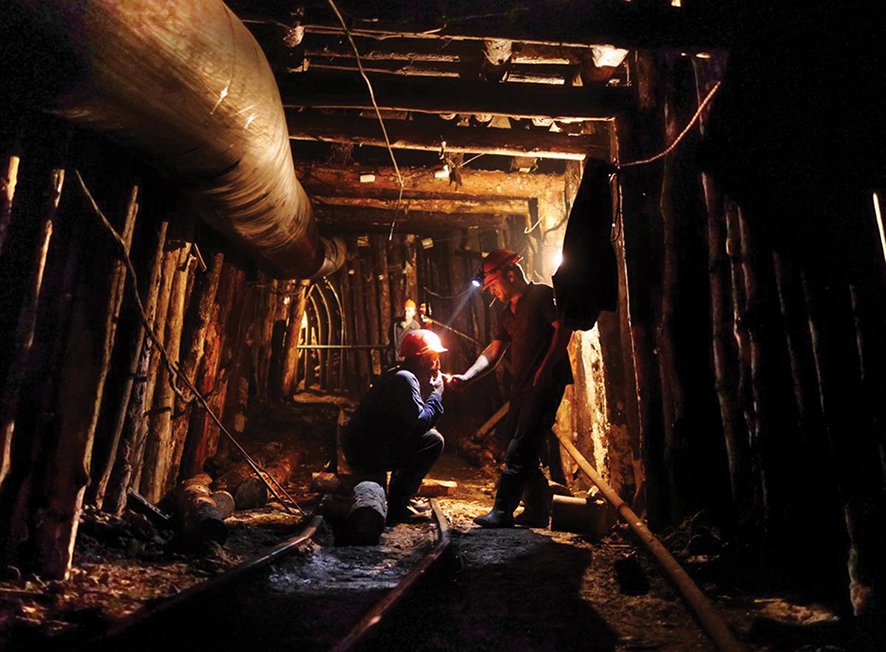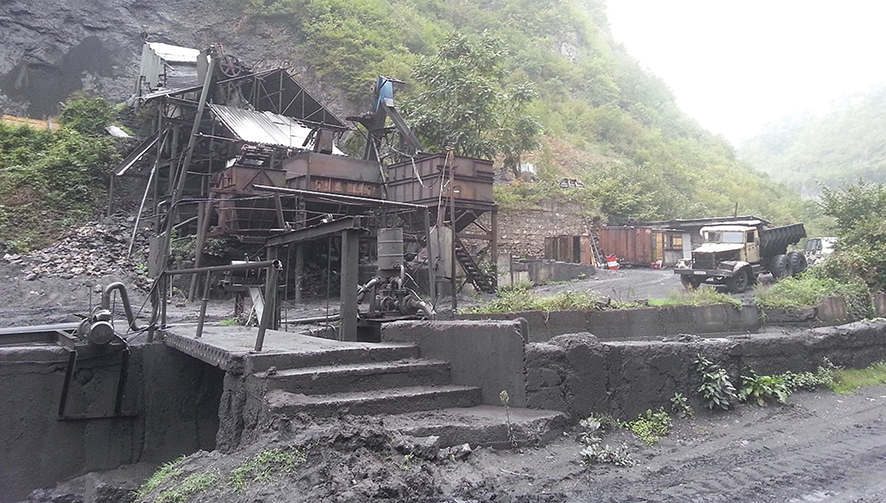Folks, the summer reading continues! There are millions of museums around the world, and there are hundreds in Georgia, though, seemingly, it is not something we much bother ourselves with, having settled ourselves quite comfortably in the worldwide electronic museum-library called the internet. Yet, if history matters at all, museums as such carry huge humanistic value. No matter how big and important, or small and insignificant, they might be, they keep within their walls the well-organized and ready-for-further-investigation details of our past that, someday, could be used with tremendous efficacy by the generations to come. Understandably, some people, especially the young, eschew dropping into a museum, seeing it as unsuited to their hunger for entertainment. There might be thousands of extremely interesting exhibits displayed on the floors and shelves of a museum, but they’re not really a showplace to have fun at, are they? However, museums need to be recognized as places that have accumulated thousands of years of valuable lore to teach us how to behave in the future.

It was a sheer accident just a fortnight ago that I found myself in the Chiatura Manganese Mining History Museum. Chiatura is a city in the Imereti region of western Georgia famed for its historical manganese ore mining. The museum is located right in the heart of downtown, at 9 Ninoshvili Street, in just three modest rooms on the fourth floor, but as soon as you enter this miniature shrine of knowledge, you know how to behave – thoughtfully, observingly, and with serious determination to extract the most out of it. The manager of this unlikely informational den, a middle-aged musician-turned-historian with a naturally agreeable manner of hospitality, will meet you at the doorstep with an avalanche of information, being something of a walking encyclopedia of local life. It is a quantity of information impossible to imbibe even if you stay a while. The museum is rather young, founded in 2000 by its owner and current manager Ms. Celina Meskhi, whose knowledge of the past of this great industry is not only tremendously entertaining, but also very educating. Her museum is mainly frequented by school children and students. Foreign guests make an appearance too, habitually reflecting their thoughts about the place in an aged, frayed guest book, many of their comments being highly meaningful and appreciative. The museum is not yet registered in the category of state institutions of the sort, but it is financially and otherwise supported by ‘Georgian Manganese Holding’ at its own goodwill. And my sincere kudos goes out to the company for this.
It is due to the sheer enthusiasm of its founder that the Chiatura Manganese Mining History Museum continues to function- Ms. Celina Meskhi’s mining family, in which she grew up, being her inspiration. The industry evolved right in front of her eyes, the details and highlights of which are lovingly and professionally accumulated by her in the museum. Says the emotionally-narrating manager: “I got infected with the idea of creating this museum when I came across these valuable words in a novel by famous Georgian author Parmen Loria ‘In the Mines:’ The miners start working as the stars rise in the sky, and they relax only when the stars disappear.”

One might need weeks to go through all that is displayed in the Chiatura Manganese Mining History Museum, among them thousands of excerpts from newspapers and magazines, historical photographs and various artifacts, some of them dating back to the late 1870s, when foreign industrialists and investors began frequenting this manganese-rich part of the world business, until all those old mining enterprises were nationalized by the celebrating-political-victory communist regime. On top of the mining history, this unique museum has preserved the past of the city and the life-story of many well-deserving men and women of Chiatura who have done more than we might imagine for the survival of this nation. This little but significant place definitely deserves better attendance and more attention on the part of the Georgian state.
Blog by Nugzar B. Ruhadze














